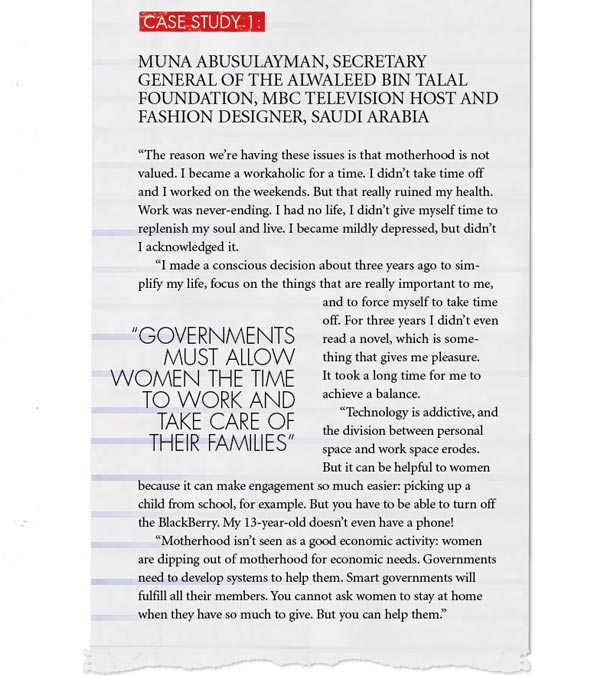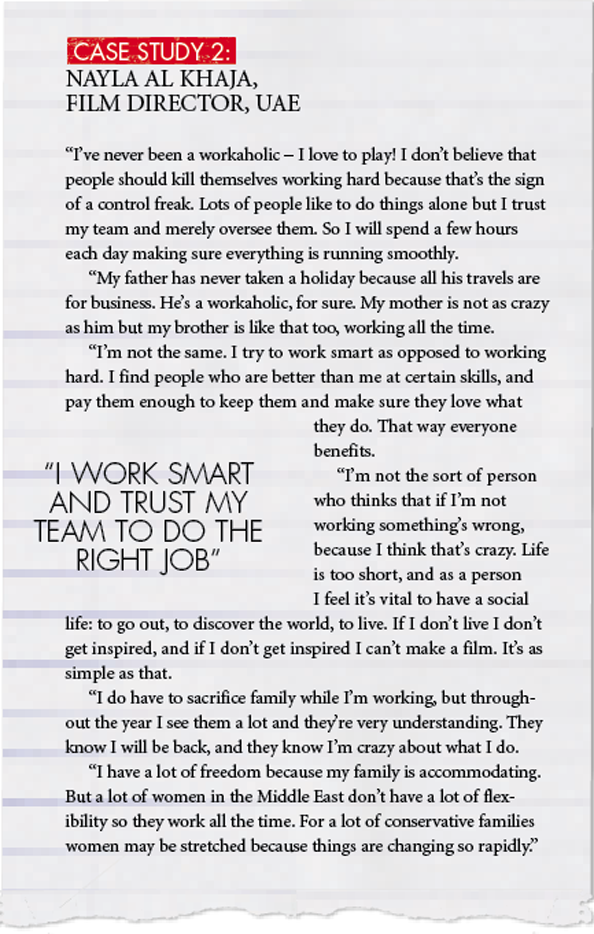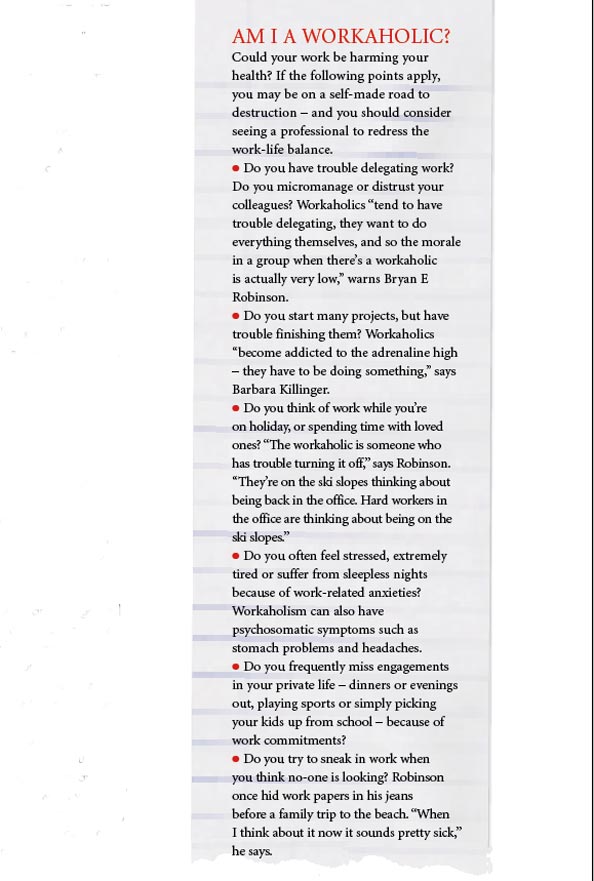It’s known to kill. But we’re still not taking workaholism seriously. Read carefully: you might just be fatally addicted to work, says Sean Williams.
My name is Sean and I’m a workaholic. There, I said it. No big deal. After all, who wouldn’t want to be a workaholic? Bill Gates, Thomas Edison and Donald Trump have all claimed to be one and you’re unlikely to find them begging for change. Hard work got us to the moon, won wars and built skyscrapers in the desert. Besides, there’s a global recession going on: do you expect me to work less?
But working hard is one thing. Being a workaholic is quite another. Since American psychologist Wayne Oates coined the term in 1968 the world has been waking up to the costs of working all the time. It might be earning us money, but it’s killing us. Stress-related illness levels are soaring worldwide. The Japanese have even coined a term, Kiroshi, meaning literally ‘death from work’. It’s what many believe caused the sudden death of prime minister Keizo Obuchi in 2000.
Yet despite this and decades of clinical research, workaholism is still largely unrecognised in the mainstream media, and most of us wear the word on our sleeve as a symbol of projected success. I’m alright, we say, I’m a workaholic: I’ll make it happen.
Except that more often than not, we won’t. And we might just get ill in the process. The clue’s in the name and its deliberate verbal reference to alcoholism: workaholism is a damaging addiction that consumes its victims and spits them out stressed, depressed and emotionally ravaged. “If you boil it all down, the workaholic is someone who has trouble turning it off,” says Bryan E Robinson, therapist and author of Chained To The Desk. “At the extreme end of the scale it can be an obsessive compulsive disorder.”
“Once obsessive thinking takes charge feelings get repressed. Workaholics can get overly sensitive: seeing the big picture is lost,” says Barbara Killinger, psychologist and writer of Workaholics: The Respectable Addicts. Killinger has interviewed hundreds of workaholics during her career, noting a steady and destructive personality decline. “Workaholics have no empathy or compassion, and the narcissism starts to take charge,” she says. “They can only see their own point of view and they must have their own way. They create their own reality. And everything becomes very narrowly focused.”
Neither is workaholism a step on the path to professional nirvana. “A general thinking is that if someone is a workaholic you’re gonna get a bigger bang for your buck,” says Robinson. “But the truth is that workaholics are often undermined because of the time that gets wasted. They’ll often jump into a project before the details have been finalised, and have to go back and clean up the mess.” Workaholics often delegate less, work employees more and destroy office morale through their own compulsions.
Have you read this far without checking your BlackBerry/email/Facebook profile/Twitter account? You’re not alone. Technology may have brought us instant connectivity and a universe of knowledge we could only have dreamt of previously. But with that comes a perpetual blurring of the lines between work and play. “When you can be on your iPad in the Amazon jungle at any point in time, or send a fax from a ski lift, there are no boundaries any more. So if you’re a workaholic that only enables you to work more,” says Robinson.
FEMALE OF THE SPECIES
Workaholism had for many years been a male affliction. But as women work their way into multinational boardrooms and make up an increasing percentage of the workforce, they too are being hit hard. “As women all over the world continue to advance into positions of power, they find they work many more hours at work,” says Mary Ann Mason, professor and author of Mothers On The Fast Track: How A New Generation Can Balance Family And Careers. “Still, they do not put in fewer hours at home with caretaking and domestic responsibilities. They are carrying a second shift at home.”
“Women have always been working hard but they’ve been hidden away in the home,” adds Robinson. In the Middle East, where women have only recently begun to play an integral role in business, and conservative family values still hold considerable sway, this trend is exacerbated: a recent Accenture report found that UAE women were the most ambitious in the world. With a national working week averaging 52 hours per week, it’s no wonder Emirati families are having almost half as many children as they were in 1990 – from 4.4 per woman then to 2.3 now.
“More and more people are having children later, if at all,” says Killinger. “The responsibility of another person, to be nurturing, is foreign. If you have no feeling value and you’re goal-oriented, you don’t have the equipment.”
For singletons the effects of workaholism can be calamitous. Throw in a partner or a family, and workaholics often create a trickle-down effect that poisons their loved ones. “A workaholic, whether male or female, breaks down the family structure,” says Robinson. “Often the children of workaholic parents don’t have close bonds with them, because they’re unavailable, physically and emotionally.”
With work hours increasing and the global economy on its knees, it might be difficult to tear workaholics away from their addiction. “When people hear about workaholism, they think they should work slower or work less – they misinterpret it,” says Robinson. “That’s not what it’s about at all. But it is counterintuitive. If you’re swimming and you’re in an undertow, you have to relax. If you fight it’ll take you out more. People who set boundaries, who spend more time with family, who have more balance in their lives and have recreation, are more productive than workaholics. Their careers are longer.”
Some think that women should be given more leeway by the government, so that they can concentrate on being a mother, wife and employee – but at different times. “A more flexible workplace, with, for example, a day or two or telecommuting each week and better support better support at home are first steps. This is good business,” says Mason. “Without more support women will burn out and become less productive.”
One thing’s for sure, though: unless the balance is redressed more and more of us will fall victim to workaholism. And unless its victims accept their ‘respectable addiction’, they will be as doomed as any alcoholic. And yes, that includes me.
















